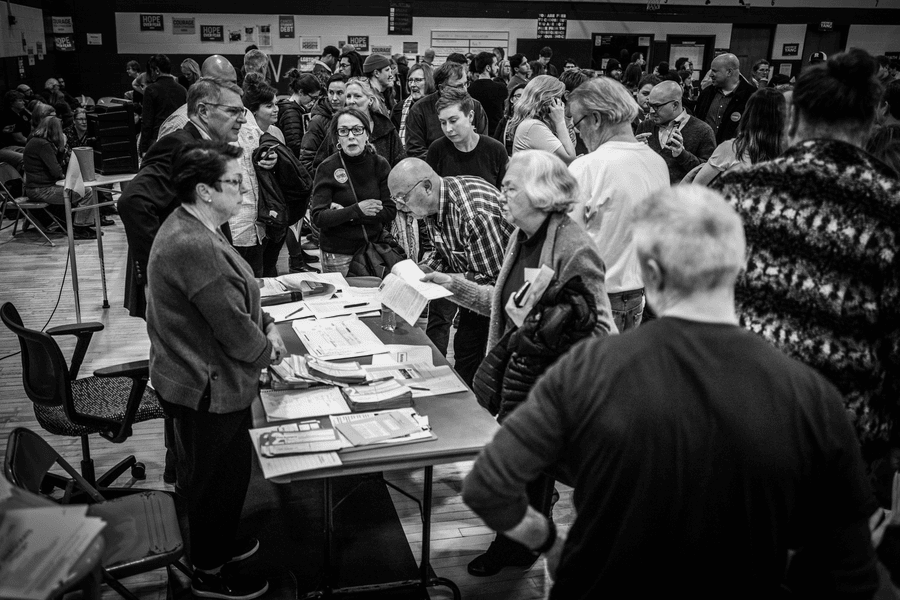Cybersecurity Fallout From the Partisan Divide Over Russian Election Interference?
A recent Ipsos/Reuters poll found that 56 percent of Americans strongly agree or somewhat agree that Russia interfered in the 2016 election on behalf of Donald Trump. Within that group, only 32 percent of Republicans but 81 percent of Democrats shared that sentiment. It is hardly a surprise, but a partisan divide on this point is quite apparent.
Published by The Lawfare Institute
in Cooperation With

A recent Ipsos/Reuters poll found that 56 percent of Americans strongly agree or somewhat agree that Russia interfered in the 2016 election on behalf of Donald Trump. Within that group, only 32 percent of Republicans but 81 percent of Democrats shared that sentiment. It is hardly a surprise, but a partisan divide on this point is quite apparent.
Cybersecurity has been seen differently. Until recently, there had been a rough consensus about the seriousness of cybersecurity threats, even if partisans of different stripes might have conflicting policy prescriptions. However, to the extent that Russian election meddling is publicly cast as a cybersecurity issue this divide does not bode well and political support for cybersecurity efforts thereby stand to be threatened.
In a Jan. 5 Lawfare post, I argued that for the most part, Russian meddling in the 2016 election campaign was not a cybersecurity issue as the U.S. government has understood the latter term. For me, the Ipsos/Reuters poll underscores the importance of keeping the two conceptually separate.




.jpg?sfvrsn=8588c21_5)
